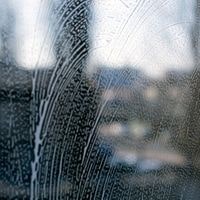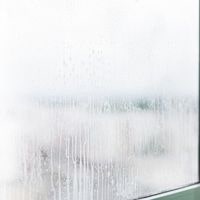How to remove soap scum from glass. Vinegar with or just alone is enough for the removal of scum. You can add extra materials or use chemicals to clean the surface.
Soap is not just used to wash hands, but other things include. Suppose we use soap near a glass. The water and the soap mixture may get sprinkled on the glass. This causes scum to be formed on it.
This causes the surface to look bad and dull. If the glass is in your toilet and your guest sees it. It will bring shame. Not just that, long-stay can cause permanent stains.
Cleaning is easy if you know the best tricks. You can save by using home methods. Let’s see some of them.
How to remove soap scum from glass
Starting with vinegar, you do not have to worry about using it. You just need a sponge and dip it in the vinegar. Then apply it to the glass. Let it stay put for the time being.
Then scrub it off, and cleaning is done. You can use citrus acid to clean.
Citrus acid can be obtained from fruits like lemon. You can use borax with baking soda or use them separately.
Cleaning with commercial cleaners is good. They provide really excellent results. Thorough steps and discussion will be helpful.
Vinegar and mixes
Let’s start with simple vinegar. Don’t add anything in the first go. You just need a sponge and a bowl filled with vinegar. Dip the sponge in it and then apply it to the surface.
It will settle in a few minutes, so be patient. After some minutes, clean with water. Similarly, dry it. For better results, use boiled vinegar. It will clean water better than the way it works at normal temperatures.
With dish soap
It will work more miraculously. You need to mix both vinegar and dish soap in equal amounts. Then put the mixture in a spray.
Shake the bottle slowly and apply it to the surface. Let it stay there at least half an hour. Then wash it and. Dry it fast as you can.
Boil vinegar is better in this case too. And the longer you let it stay, the results will be that much better.
With detergent
Pour half vinegar and half water into a cup. This depends on the length of the glass. Mix the well. Add a complete or a half tablespoon of detergent.
Pouring it into a spray bottle will help in sprinkling. Spray and let it stay on the scum for 30 minutes.
Use a bristle brush to wash it off and clean it with warm water. With a microfiber cloth, dry it.
Lemon mix
Lemon-containing citrus fruit is one of the best natural cleaners. You can add salt to it, and it doesn’t make an effort to clean. Cut the lemon from the center in half. Dip the side in table salt.
Just scrub the lemon on the surface. Let it stay for a few minutes.
Wipe and wash it off. Dry it so that no more stains remain on it. It can be used to remove rust from the frame of the glass.
Breaking with baking soda
Baking soda is the best cleaner after vinegar. It can almost clean everything from stains to the metal surface. It’s easy. You just need to mix the baking soda with water.
Half a cup is enough to form a mixture. Then with a soft cloth, rub the mixture across the while scummed surface.
Let it stay put for a limited time. Twenty minutes will probably be enough. Rinse with warm water. Using a soft cloth, dry it.
Tips
- Use the body instead of soap. No scum will be formed if you don’t use it.
- Warm water helps clean better than cool or normal water.
- Dry the glass after you have used it and if it is wet.
- Vinegar and baby oil will prevent scumming. So apply a layer to the glass.
- Warmed vinegar works better.
- Cleaning regularly prevents hard stains from forming.
Conclusion
The better the method you use. The better you will see the results. Using cleaners like magic is a good way to perform cleaning. Borax can be used too. You can mix two or more materials and increase the output of the cleaners.
Glass can be cleaned simply with water, but scrubbing can cause scratches, so be careful. Use all the methods and follow the steps carefully. You will see that cleaning is easy if you know the methods.
Related Guides


